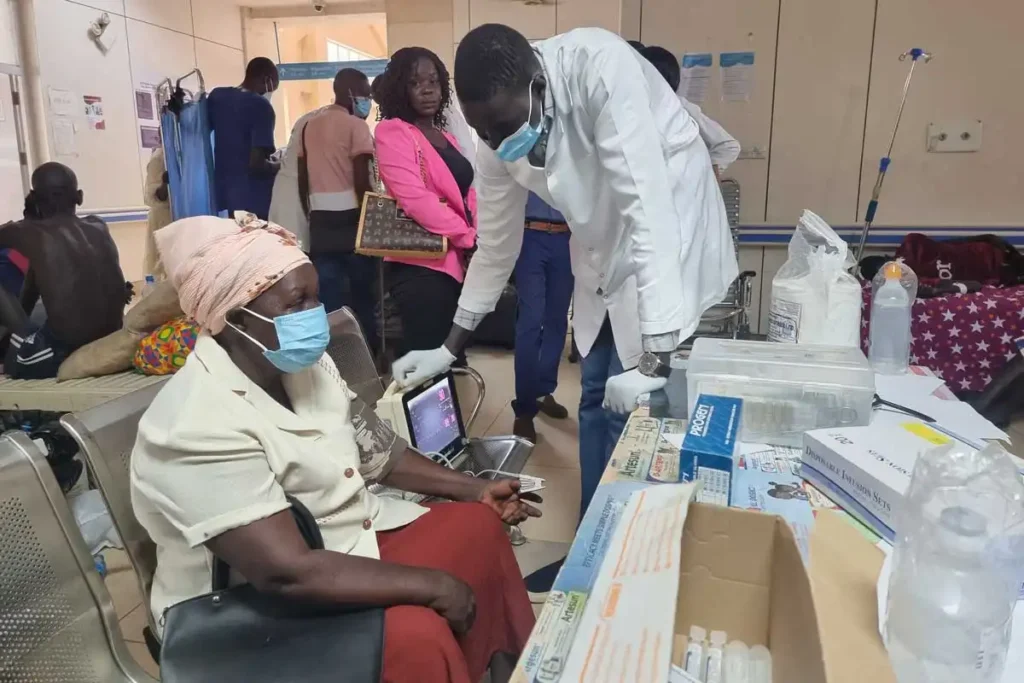The Federal Government of Nigeria has received cold chain equipment worth $11 million to improve vaccine storage, distribution, and immunisation nationwide.
The consignment includes 1,653 Solar Direct-Drive (SDD) refrigerators, 165 spare part kits, and advanced temperature monitoring devices. The initiative was made possible through a partnership between Gavi, UNICEF, and the Federal Government.
Boosting Immunisation Campaigns
At the official handover ceremony in Abuja, the Executive Director of the National Primary Health Care Development Agency (NPHCDA), Dr. Muyi Aina, said the delivery arrived at a critical moment. Nigeria is currently conducting several immunisation drives, and by October, a nationwide campaign will target more than 109 million children aged 0 to 14.
Dr. Aina explained that the refrigerators were carefully selected to ensure durability and efficiency. In addition, the package includes 165 spare part kits and 10-year maintenance agreements to guarantee continuous operation. Furthermore, advanced temperature monitoring devices will help maintain vaccine quality throughout storage and distribution.
Nationwide Distribution
The NPHCDA confirmed that all 36 states and the Federal Capital Territory will benefit, with priority given to underserved areas and children who have never received vaccines. The breakdown is as follows:
- North-West: 448 units
- North-Central: 308 units
- North-East: 128 units
- South-East: 205 units
- South-West: 343 units
- South-South: 221 units
Overall, 53% (884 units) will go to northern Nigeria, while 47% (769 units) will be distributed across southern states. This balance, therefore, ensures equitable vaccine access across the country.
Global Partners Emphasise Impact
UNICEF’s Chief of Health, Dr. Maharajan Muthu, described cold chain infrastructure as the backbone of effective immunisation systems. He stressed that the $11m investment will expand healthcare access to remote communities and consequently help reduce the number of zero-dose children by 50% by 2028. Moreover, it will ensure vaccines remain safe even in areas without reliable electricity.
Meanwhile, the Acting WHO Country Representative, Dr. Alex Gasasira, noted that the solar-powered refrigerators will reduce vaccine wastage, strengthen routine immunisation, and promote environmental sustainability. He added that the initiative supports Nigeria’s broader goal of protecting children from vaccine-preventable diseases and improving healthcare access.
Africa CDC Pushes For More Support In Fight Against Mpox




















